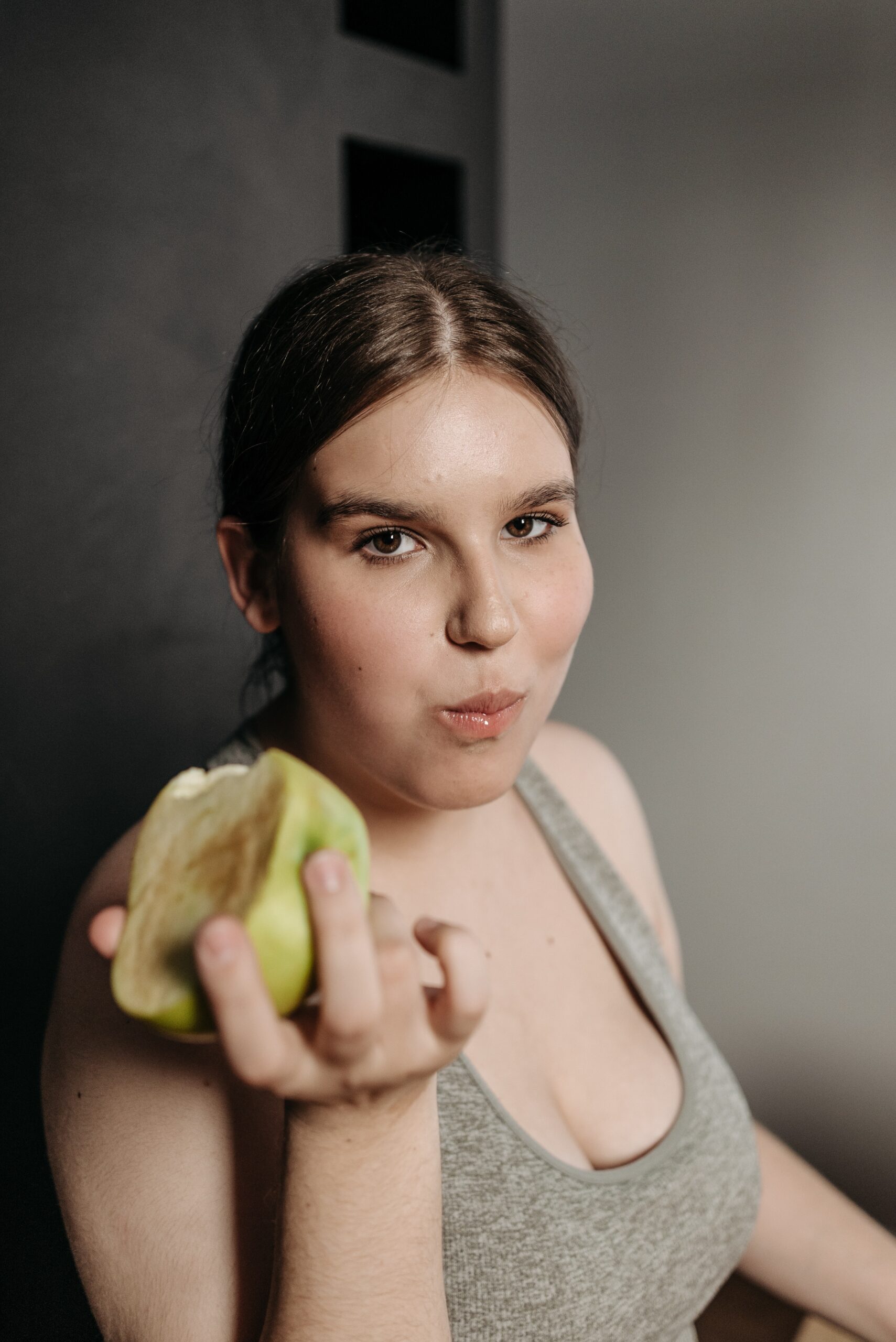
When it comes to weight loss, the focus should be on creating a calorie deficit by consuming fewer calories than you burn. While there is no one-size-fits-all approach, here are some tips on how to eat for weight loss:
- Monitor your calorie intake: Start by determining your daily calorie needs based on your age, gender, weight, height, and activity level. Aim to consume fewer calories than your body requires to create a calorie deficit. However, make sure you don’t go below 1,200 calories per day (unless under medical supervision), as very low-calorie diets can be unhealthy.
- Choose nutrient-dense foods: Opt for foods that are low in calories but high in nutrients. Include plenty of fruits, vegetables, whole grains, lean proteins, and healthy fats in your diet. These foods will provide essential nutrients while helping you feel fuller for longer.
- Control portion sizes: Pay attention to portion sizes to avoid overeating. Use measuring cups or a food scale to accurately gauge serving sizes until you develop a good sense of portion control. Be mindful of high-calorie foods and limit your intake of processed snacks, sugary beverages, and desserts.
- Eat regular meals: Skipping meals can lead to overeating later in the day. Instead, aim for three balanced meals per day, or break them into smaller, more frequent meals. This helps stabilize blood sugar levels and prevents extreme hunger.
- Prioritize protein: Protein-rich foods can help curb hunger and preserve muscle mass during weight loss. Include sources like lean meats, poultry, fish, eggs, legumes, and low-fat dairy products in your meals.
- Incorporate fiber: High-fiber foods promote satiety and aid in digestion. Include plenty of fruits, vegetables, whole grains, legumes, and nuts in your diet to increase your fiber intake.
- Hydrate properly: Drink plenty of water throughout the day. Sometimes, thirst can be mistaken for hunger, leading to unnecessary snacking. Water also helps with digestion and can boost your metabolism.
- Practice mindful eating: Slow down and pay attention to your food. Eating mindfully allows you to enjoy your meals, recognize feelings of fullness, and avoid overeating. Avoid distractions like screens and try to eat in a calm environment.
- Limit processed foods and added sugars: Processed foods are often high in calories, unhealthy fats, and added sugars. Minimize your intake of sugary snacks, sodas, fast food, and processed snacks. Instead, focus on whole, unprocessed foods.
- Incorporate physical activity: While diet plays a significant role in weight loss, combining it with regular exercise can enhance your results. Engage in activities you enjoy, such as walking, jogging, swimming, or cycling, to increase your calorie expenditure.
Remember, it’s always a good idea to consult with a healthcare professional or registered dietitian for personalized advice and guidance tailored to your specific needs and health conditions.
See More on Video

Weight Loss Breeze By Christian Goodman It is a technique that uses simple breathing techniques to help with weight loss and remain fit. The methods mentioned in the program will help you lose weight quickly and increase the effectiveness of any plan or workout regimen.